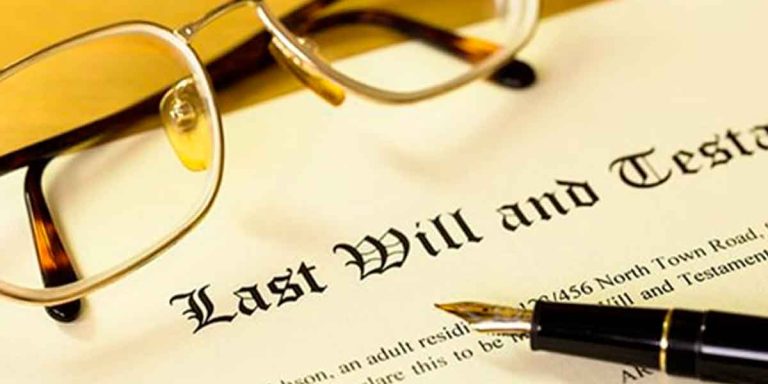Legal Guardianship for Special Needs Child in New York
Ensuring the well-being and future of your special needs child is a top priority for any parent or guardian. In New York, legal guardianship is a crucial legal process that can provide essential protections and support for children with disabilities. At Morgan Legal Group in New York City, we understand families’ unique challenges in caring for special needs children. In this comprehensive guide, we will explore the legal guardianship process in New York, its significance, and how our experienced attorneys can assist you in establishing legal guardianship to safeguard your child’s future.
Understanding Legal Guardianship
Legal guardianship is a legal relationship established by the court between a responsible adult (the guardian) and a child who is unable to make decisions or care for themselves independently due to a disability or incapacitation. For special needs children, legal guardianship serves several vital purposes:
1. Decision-Making Authority
As the legal guardian of your special needs child, you have the legal authority to make decisions regarding their medical care, education, housing, and overall well-being. This ensures that your child’s best interests are protected.
2. Financial Management
Guardianship allows you to manage your child’s finances, including government benefits, inheritance, or any financial assets, to provide for their long-term needs.
3. Healthcare and Treatment
You can make healthcare decisions, consent to medical treatments, and advocate for your child’s medical needs as their legal guardian.
4. Legal Protection
Legal guardianship provides legal protection against potential exploitation, abuse, or neglect of your child with special needs.
Types of Legal Guardianship
In New York, there are two primary types of legal guardianship for special needs children:
1. Guardian of the Person
A guardian of the person is responsible for making decisions related to the child’s personal well-being, including healthcare, education, and living arrangements.
2. Guardian of the Property
A property guardian manages the child’s financial affairs, including assets, benefits, and any income the child may have.
Steps to Establish Legal Guardianship
Establishing legal guardianship for your special needs child involves several important steps:
1. Consult with an Attorney
Begin by consulting with an experienced attorney who specializes in guardianship for special needs children. At Morgan Legal Group, we can provide personalized guidance and assess your specific situation.
2. File a Petition
With the assistance of your attorney, you’ll file a petition for guardianship with the appropriate court. This includes providing documentation regarding your child’s disability and your qualifications as a guardian.
3. Notification and Evaluation
The court may require that relevant parties, including your child and interested family members, are notified of the guardianship proceeding. In some cases, an evaluation of your child’s condition may be conducted.
4. Court Hearing
A court hearing will be scheduled where your attorney will present evidence supporting the need for guardianship. The court will make a decision based on the child’s best interests.
5. Ongoing Reporting
Once appointed as the legal guardian, you’ll be responsible for providing periodic reports to the court, demonstrating that you are fulfilling your duties and acting in the child’s best interests.
Why Choose Morgan Legal Group?
Morgan Legal Group understands the unique and sensitive nature of legal guardianship for special needs children. Our team of experienced attorneys is deeply committed to protecting your child’s rights and well-being. We offer:
- Expertise in New York guardianship laws
- Compassionate, personalized legal counsel
- Extensive experience in special needs planning
- Customized solutions to meet your family’s needs
- Ongoing support and guidance throughout the guardianship process
We are dedicated to helping families like yours navigate the legal complexities of guardianship to ensure a secure and prosperous future for your special needs child.
Conclusion
Legal guardianship for a special needs child in New York is a vital legal process that provides essential protections and support. It empowers you as a parent or guardian to make critical decisions for your child’s well-being and future. At Morgan Legal Group, we are here to guide you through every step of the guardianship process, ensuring that your child’s best interests are protected and their future is secure.
Disclaimer: This article is for informational purposes only and should not be considered legal advice. Consult with a qualified attorney for personalized guidance on your specific legal needs.
































